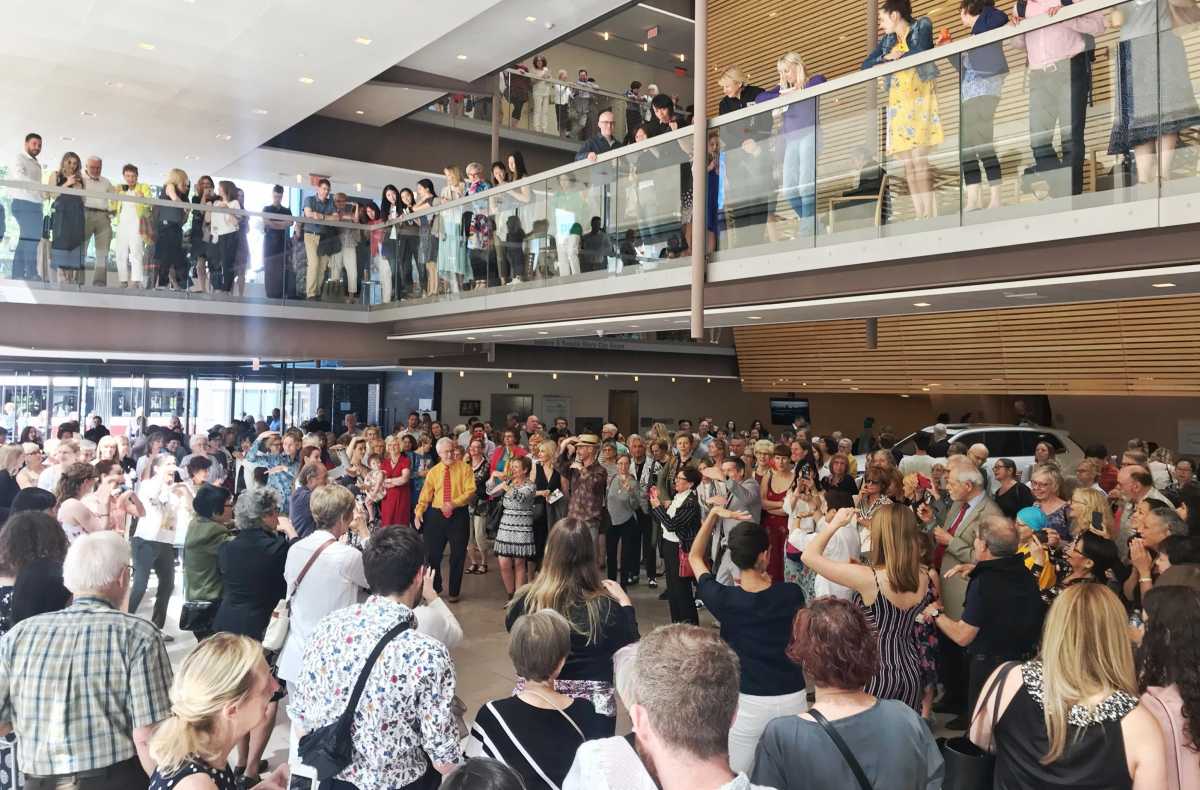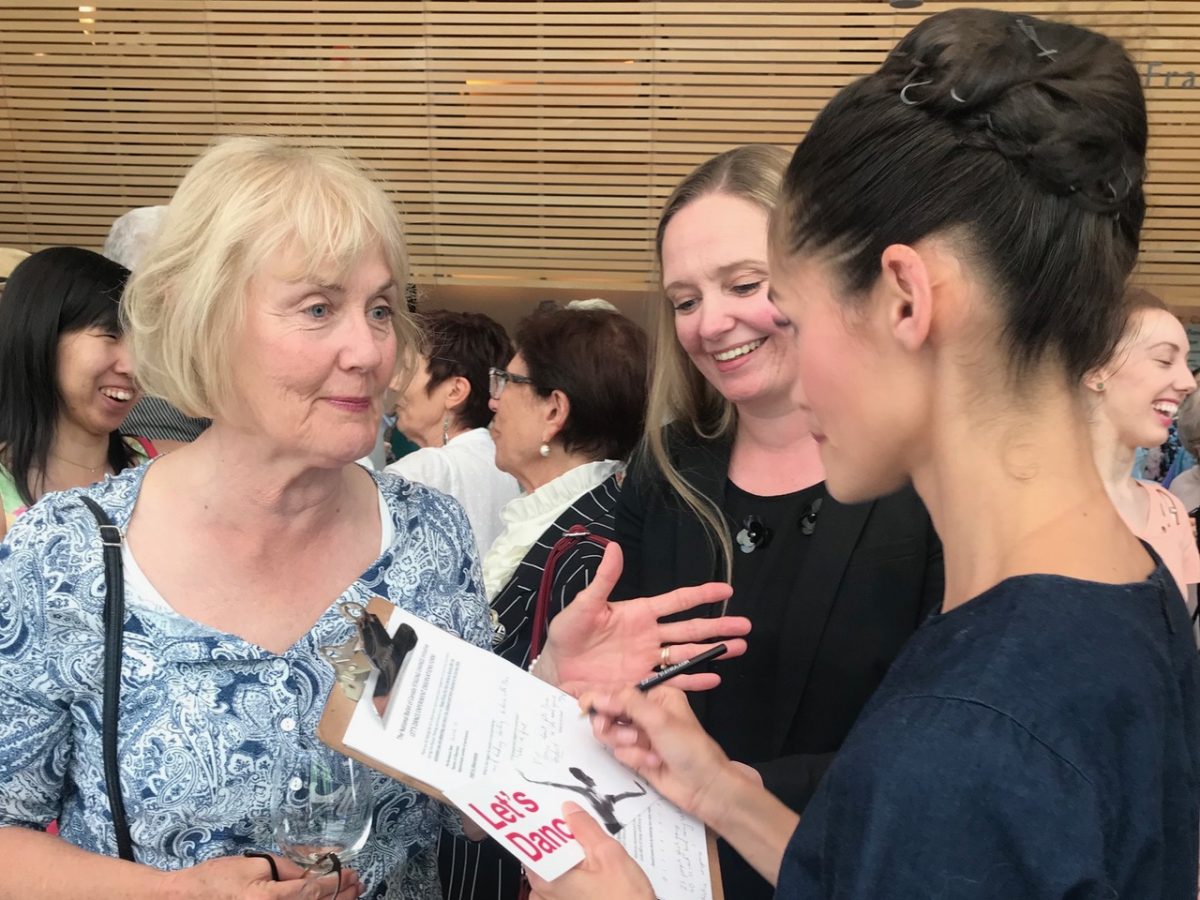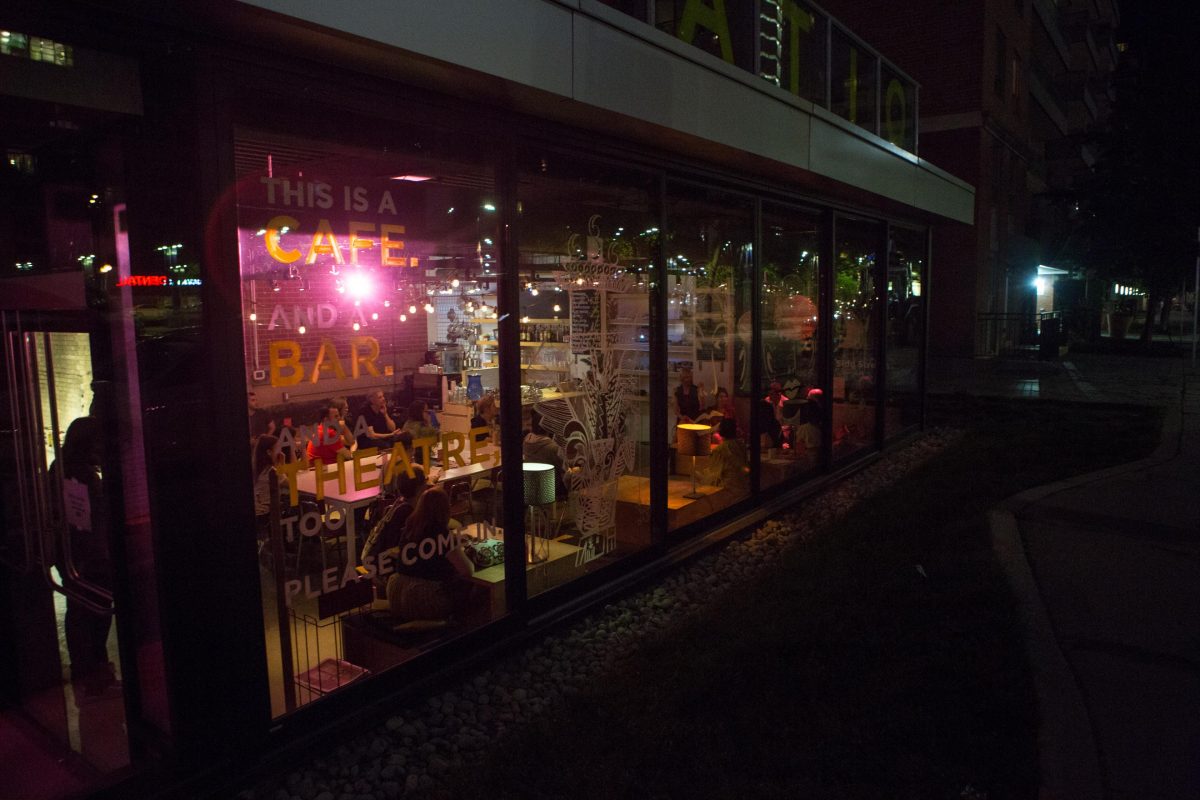Half way through Stage 2 of Staging Change, each of the eight Toronto-based performing arts companies designed and executed Small Experiments with Radical Intent (SERIs). These are the first opportunities for participants to put their collective inquiry around a self-identified complex challenge into action, a critical part of the Staging Change learning process.
SERIs are based on learning through doing. They are intentionally small experiments, rough and ready in design so that they can be executed within a short time-frame. The experiments are discontinuous from current practice, not business as usual. To work, SERIs must have the organization step outside its comfort zone to be vulnerable enough to take risks. These are all the qualities of adaptive work. The cost of the SERIs is underwritten by the Foundation with small grants. However, the biggest investment is typically the human resources required to invent and implement them.
All eight organizations – The National Ballet of Canada, The Theatre Centre, The School of Toronto Dance Theatre, Studio 180, ProArteDanza, Luminato, Theatre Direct, and Tapestry Opera –worked through a range of fascinating and inventive SERIs that tested their long-held assumptions and introduced them to a spirit of experimentation that will serve them well within Staging Change and beyond as they grapple with a rapidly changing environment full of unknowns. Two SERIs are highlighted below.





